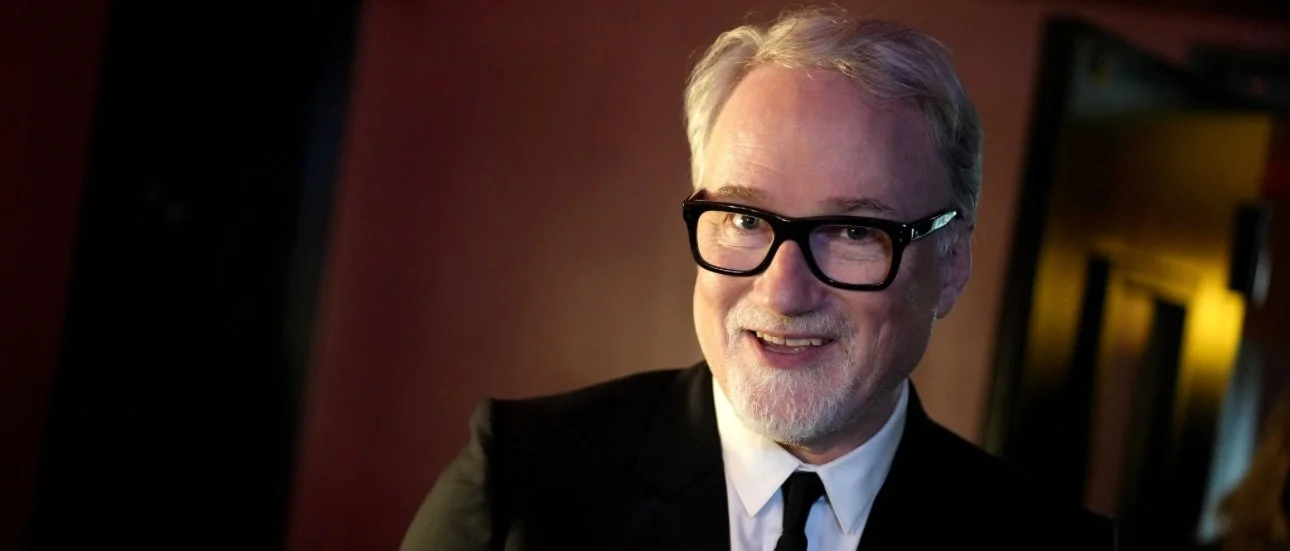A Vulture piece titled “The Decomposition of Rotten Tomatoes” tackles the mass influence, both good and bad, of the aggregate movie website.
The bombshell in the story claims that a PR firm has been manipulating the Rotten Tomato scores of movies, for at least five years ,by paying some “critics” directly. Zack Snyder fans have been saying for years now that reviewers are bought, this will only add more fuel to their fire.
There’s also the insinuation that good reviews get posted for early access to screenings — it’s all a real mess, if you ask me. There are over 3500 certified critics on RT. The pre-internet age had, at most, 500, with almost all of them having a fairly strong knowledge of film history.
So, the studios are manipulating the aggregate and this Vulture story has now paved the way for future think-pieces and reassessments of RT.
NOTE: I personally haven’t posted a review on there in over a year. I’ve gotten sick of the system they use. I should note that we’re currently building a massive review archive on this site, which will be launched by year’s end.
Martin Scorsese had already criticized RT for devaluing cinema and he’s not alone. His former screenwriting partner Paul Schrader was interviewed in the Vulture piece and he sees Rotten Tomatoes as just a symptom of a bigger problem:
The studios didn’t invent Rotten Tomatoes, and most of them don’t like it. But the system is broken. Audiences are dumber. Normal people don’t go through reviews like they used to. Rotten Tomatoes is something the studios can game. So they do.
Schrader also slams the way RT judges what is a fresh and rotten review:
If a review straddles positive and negative, too bad. I read some reviews of my own films where the writer might say that he doesn’t think that I pull something off, but, boy, is it interesting in the way that I don’t pull it off. To me, that’s a good review, but it would count as negative on Rotten Tomatoes.
Director Brett Ratner once called the aggregator “the destruction of our business.”
Rotten Tomatoes narrowing movies down to a binary good/bad is definitely helpful for the general audience, but it also stops people from actually reading reviews. Instead of finding a critic they trust, a lot of people see a rotten rating and think the movie isn't worth their time. This has no doubt played a part in the degradation of the “film critic”.
The rise of the internet age ruined the art of film criticism. What Scorsese and Schrader are saying is that a movie, hell, even art itself, should not be seen as “content”. Imagine having a Rotten Tomatoes rating for a painting, such as Edward Hopper's "Nighthawks" — “it received a 95% Fresh score!”.
Art should always be a hands-on approach of attentive dissection. No matter the form. Now, with Rotten Tomatoes all but accepting another 500critics this year for their aggregator system, the difference between a good film critic and a bad film critic is being blurred into oblivion.





